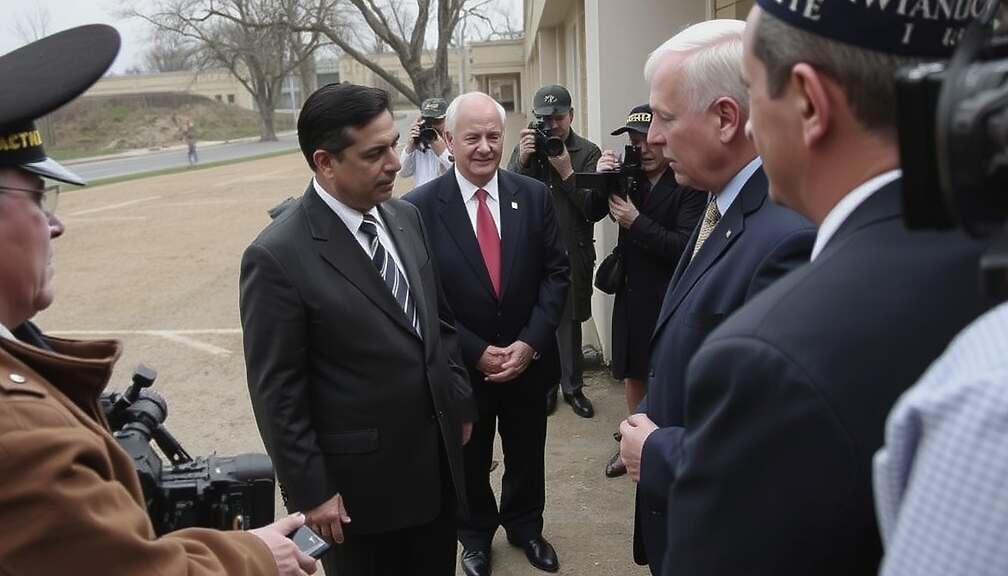The simmering tensions between the German government and parliament are intensifying over a proposed overhaul of military conscription, raising critical questions about the balance of power within the democratic process. Henning Otte, the Bundestag’s Military Commissioner and a prominent figure within the ruling CDU, has publicly urged Defence Minister Boris Pistorius to respect the outcomes of parliamentary deliberations concerning the draft legislation.
Otte’s statement, delivered to the Redaktionsnetzwerk Deutschland, underscored a fundamental principle of representative democracy: that legislative changes shouldn’t be viewed as acts of defiance against the executive branch but rather as manifestations of parliamentary responsibility. His remarks directly challenge Pistorius’ recent resistance to a compromise hammered out by the governing coalition partners, a compromise which includes a contentious lottery system for potential conscripts.
The Defence Minister’s unwillingness to accept the negotiated solution, revealed during a recent SPD parliamentary group meeting, triggered a hasty cancellation of a planned joint press conference. This episode underscores a more profound disagreement regarding the direction of Germany’s defense posture and the appropriate role of conscription within it.
The impending debate in the Bundestag on Thursday represents a crucial test. While Pistorius argues for a more assertive approach, Otte emphasizes the need for a “scalable tiered model” that delivers targeted and effective implementation – prioritizing credible deterrence. He urges the parliamentary factions to forge a solution appropriate for the current security landscape.
The fallout highlights a broader concern: how effectively can the government navigate diverse perspectives within parliament, especially as geopolitical pressures demand swift and decisive action? Pistorius’ intransigence risks undermining the vital process of consensus-building and potentially paralyzing necessary defense reforms, raising questions about the government’s ability to govern effectively amidst parliamentary dissent. The outcome of the Thursday’s debate will likely set a precedent for future legislative initiatives and define the dynamic between the executive and the legislative branches of the German government.












